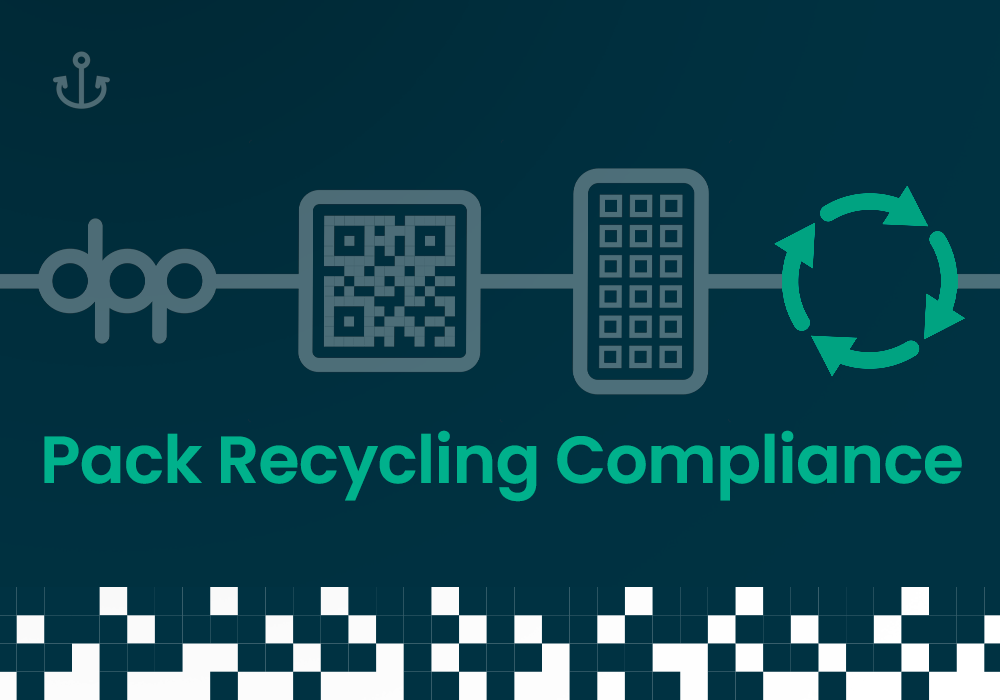Reimagining Fashion: June Highlights from the Circular Economy Exchange

The Circular Economy Exchange brought together students, sustainability leaders, and industry professionals to unpack the complexities of fashion’s waste crisis and explore solutions that drive real change.
The conversation, led by Berkeley Anne Reilly, a master’s student in Sustainable Fashion at Kingston University, combined personal insights with critical questions about responsibility, legislation, and system change.
From Personal Habits to Global Impact
The session opened with a powerful reflection exercise, inviting attendees to consider their own fashion consumption habits.
This led into an urgent exploration of textile waste – how fast fashion and overproduction have overwhelmed ecosystems, especially in the Global South, with mountains of discarded clothing.


Fashion’s Global Waste Problem
The conversation quickly turned to the visible and invisible costs of fast fashion. From the Atacama Desert in Chile to the beaches of Ghana, mountains of discarded clothing – often still with tags – serve as grim evidence of overproduction, synthetic fibres, and Western outsourcing of waste.
“We in the global north have decided that it’s easier to ship our textile waste than to deal with it ourselves” said Reilly, underscoring the ethical divide.
The supply chain’s toll is not just environmental, but deeply human: toxic exposure, exploitative labour, and unsafe working conditions are commonplace in the race to produce cheap clothing

The Lost Art of Repair


Past Practices
Victorian clothes were made with wide seams to be let out over a lifetime. Garments were designed to last.
Current Crisis
Today, we’ve lost repair skills. Few can fix a zipper or replace a button. We discard rather than mend.
Future Focus
We must revive repair culture. Simple fixes can extend garment life and reduce waste significantly. Platforms like Save Your Wardrobe are helping make this easier – connecting people with local repair services and guiding them toward more mindful garment care.
Recycling Challenges
- Economic Barriers
Few governments invest in fiber recycling at scale. The economic model is challenging.
- Innovation Needs
We need multiple solutions, not just one. Mycelium, banana fibers, and other alternatives all have roles
- Infrastructure Gaps
Most factories aren’t set up to handle recycled materials. The machinery required is expensive.
- Global Imbalance
The Global North ships unwanted clothes to the Global South rather than dealing with waste locally.

The Role of Legislation
Current Progress
France has banned fast fashion advertising √
EU implementing Digital Product Passports √
Some countries require 2-year guarantees on clothing √
What’s Needed
Extended Producer Responsibility (EPR)
Mandatory take-back schemes
Legislation against planned obsolescence
Transparency requirements
Legislation can force manufacturers to change when profit motives won’t. It can accelerate the transition to sustainability.
Consumer Education

Start Young
Children need to learn where clothes come from. Some students are developing educational workshops and games for schools.
Make It Personal
Connect sustainability to places people love. Help them visualise the impact of textile waste on natural environments.
Provide Clear Actions
Consumers need simple, accessible guidance on sustainable choices. Make sustainable options visible and attractive.
A Shared Responsability
Consumers
Buy less, wear more, make it last. Learn repair skills. Question your purchases.
Education
Teach sustainability from early age. Promote creativity and curiosity about solutions.
Brands
Design for longevity. Offer repair services. Take responsibility for products’ end of life.
Government
Create effective legislation. Fund recycling infrastructure. Educate citizens.

Next event will take place in St. Annes Church [Allen Room 1st floor], 55 Dean Street, London. W1D 6AF
Date: 09th July 2025
Date: 9th July 2025
Time: 2pm- 4:00pm
Lead by: Wendy Whewell. Head of ESG & Climate Change at Santander
Topic: ESG Without the Gloss: A Global Corporate’s Take on the Real-World Challenges — and What We’re Hearing from Our Business Clients.
Please register to confirm your attendance.





